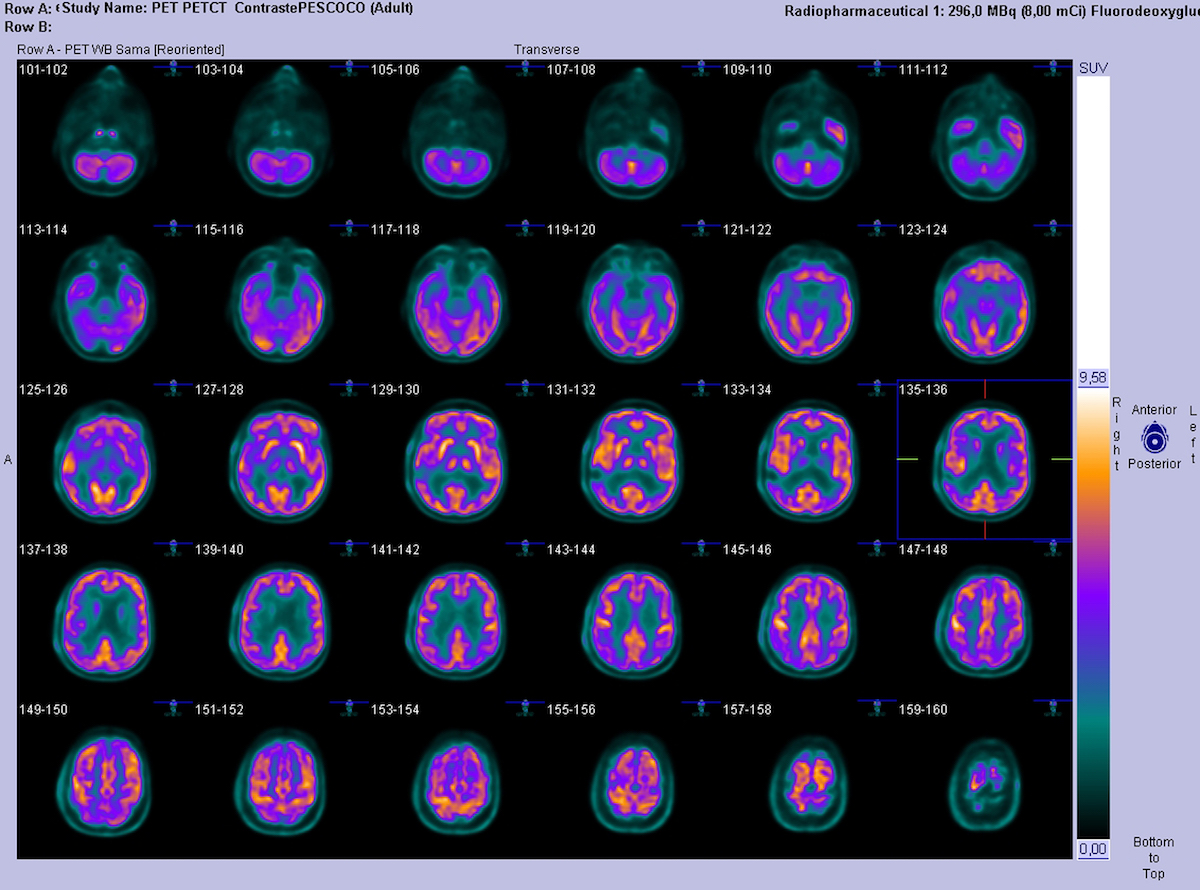Every nine seconds, someone in the United States sustains a brain injury. According to the Brain Injury Association of America, more than 5.3 million people in the United States have a permanent brain injury-related disability. That’s one in every 60 people.
What’s classified as a brain injury and how can people get needed support? Here are some details with Megan Rood, a physical therapist with the Hartford HealthCare Rehabilitation Network:
What is a brain injury and what are the common causes?
A traumatic brain injury (TBI) is any injury to the brain that alters its function or changes its pathology. Often, you’ll hear about a mild traumatic brain injury referred to as a concussion.
It can be caused by multiple things, including internal causes such as lack of oxygen to the brain, exposure to toxins, or increased pressure in the brain caused by a tumor.
“It can also be caused by external forces, such as a fall where someone may have hit their head against something – which we see often in athletes,” said Rood.
It can also be caused by a motor vehicle accident, or if someone is assaulted.
What are some symptoms of a concussion?
- Headache.
- Dizziness.
- Fogginess.
- Difficulty following a conversation.
- Nausea.
- Slurred speech.
- Ringing in ears.
- Increased sensitivity to lights.
- Increased sensitivity to loud noises/sounds.
When should one seek rehabilitation for a brain injury?
“Ideally, they should get care as soon as possible,” said Rood. “Earlier care is associated with better outcomes. We recommend anyone who has new or lingering symptoms to seek care.”
What type of rehabilitation services can be helpful after a concussion and how can they help?
Physical, occupational and speech therapy all can be beneficial after a concussion,
A physical therapist addresses issues related to neck pain and headaches and also assists with balance to make sure you’re safe at home. Rehabilitation can also help to improve your coordination between your eyes and head movements.
For example: “If there is an interruption in that it can lead to increased difficulty with using, screens, computer – interfering with your ability to work or a student’s ability to read or do their school work,” said Rood.
Rehabilitation can also help athletes return back to sports.
An occupational therapist helps with fatigue and persistent visual deficits. Speech therapy helps with cognitive impairments like difficulty with memory or attention.


